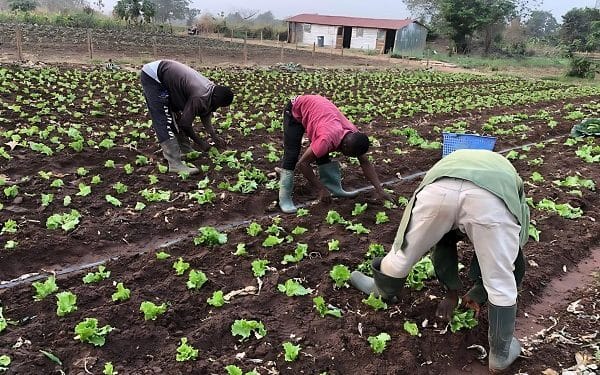The Farmer Service Centres (FSCs) have emerged as a flagship intervention under the government’s Feed Ghana Initiative, envisioned as one-stop hubs providing mechanisation services, quality inputs, extension advice, credit facilities, and market linkages. For millions of smallholder farmers who remain the backbone of Ghana’s food system, the promise of these centres is timely and highly anticipated.
According to the 2025 Budget Statement and Economic Policy, the Ministry of Food and Agriculture (MoFA) has been tasked with establishing 50 FSCs in selected districts under the broader Agriculture for Economic Transformation Agenda (AETA). The aim is to modernise service delivery, reduce inefficiencies, and address long-standing challenges that have limited farm productivity. MoFA’s 2025 Programme-Based Budget Estimates describe the centres as “one-stop shops for affordable agricultural services, machinery, equipment, and new technologies.”
The first 50 FSCs are expected to be piloted in districts with strong agricultural potential before scaling nationwide, with a long-term goal of ensuring every major farming district hosts at least one FSC by 2028. If achieved, this would mark one of the most comprehensive farmer-support interventions in Ghana’s history. However, with less than four months remaining in 2025, concerns linger over whether MoFA can deliver all 50 centres without rushing. Past lessons from large-scale programmes like Planting for Food and Jobs (PFJ)—which struggled with late delivery of inputs, weak monitoring, and uneven distribution—highlight that execution is as critical as vision.
Farmer groups, including the General Agricultural Workers Union (GAWU), have already called on the government to ensure timely delivery, fair pricing, and accessible extension services, warning that failure to deliver will erode trust. To enhance efficiency, MoFA is strengthening farmer cooperatives to serve as distribution channels and emphasising private sector participation, with agritech firms, local banks, and development partners such as the World Bank and AfDB expected to support financing and operations.
Despite optimism, questions remain about sustainable financing, effective management by private operators and cooperatives, and whether smallholders will ultimately reap the benefits. As the December deadline looms, government must strike a balance between showing progress and ensuring quality delivery. Ultimately, the FSCs will be judged not by the number of centres launched but by their ability to provide timely inputs, fair pricing, and stronger livelihoods for Ghanaian farmers.





















